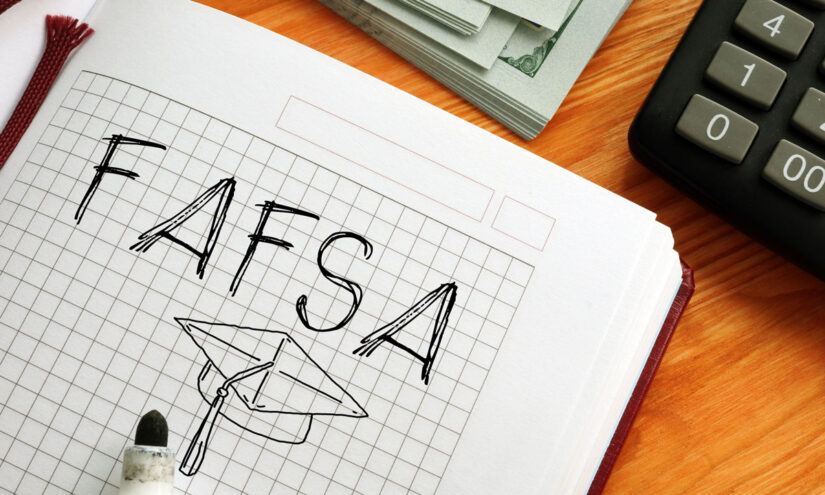During this summer, a team of students from MIT embarked on a journey to the sou …
FAFSA Opening Postponed, Revised Application Expected for This Year
Emma Wordsmith

The federal application for student aid will be available by the end of the year, specifically on December 31, which is two months later than usual.
The FAFSA, also known as the Free Application for Federal Student Aid, is the way in which potential college students access federal financial aid programs including grants, subsidized loans, and unsubsidized loans, which can be forgiven under certain circumstances. Additionally, many colleges and private scholarship programs rely on a student’s FAFSA to determine their financial need.
The upcoming version of the FAFSA will have some notable differences compared to previous years. The FAFSA Simplification Act of 2022 resulted in several changes to the application process and the methodology used to determine the amount of aid a student is eligible for.
The FAFSA primarily considers parents’ income and tax information.
According to EAB, an education research and consulting firm, more than 30% of first-generation and low-income college students found completing the FAFSA to be challenging in 2021. Difficulties cited included lack of parental support, difficulty finding tax information, confusing questions, and immigration status.
The U.S. Department of Education is promoting the updated application as a “better FAFSA,” with a promise of a shorter and more efficient form, as well as additional aid for students in greatest need. However, the changes have resulted in a delay in the opening date of the application and raised concerns about whether the new FAFSA will truly benefit everyone.
The modifications in aid calculations will lead to increased assistance for low-income students, which will extend Pell Grants to an additional 610,000 students nationwide. In Minnesota, an estimated 13,000 more students will receive a Pell Grant, representing a 12.5% increase from 2022.
The Department of Education also states that, under the new rules, a greater number of students will receive the maximum Pell Grant award compared to previous years.
Furthermore, the changes have reduced the number of questions on the application. Previously, students and their families had to manually answer questions based on their tax returns. Now, the FAFSA application will directly import data from the IRS, saving families time.
The new online application requires parents to provide up-front consent to allow the IRS to share their tax information, which could be a potential obstacle for students whose parents have concerns about data privacy.
Students will not be able to submit the FAFSA if their parents do not consent to data sharing.
As part of the updated application process, parents will need to use their Social Security number to create a unique login for the online application. It is important to note that paper applications do exist but are strongly discouraged, according to Zoey Haines, a program manager with Achieve Twin Cities, an organization that offers college and career services.
For parents who do not possess a Social Security number, the Federal Student Aid Office will use alternative questions to verify their identity. If the initial round of online questions is not sufficient for identity verification, parents will have to go through an additional round of verification. Details on this process have yet to be clarified, according to Haines.
Due to the two-month delay in the application opening, the timeframe for students and their families to complete the application, receive award letters, and make college decisions is shorter compared to recent years.


